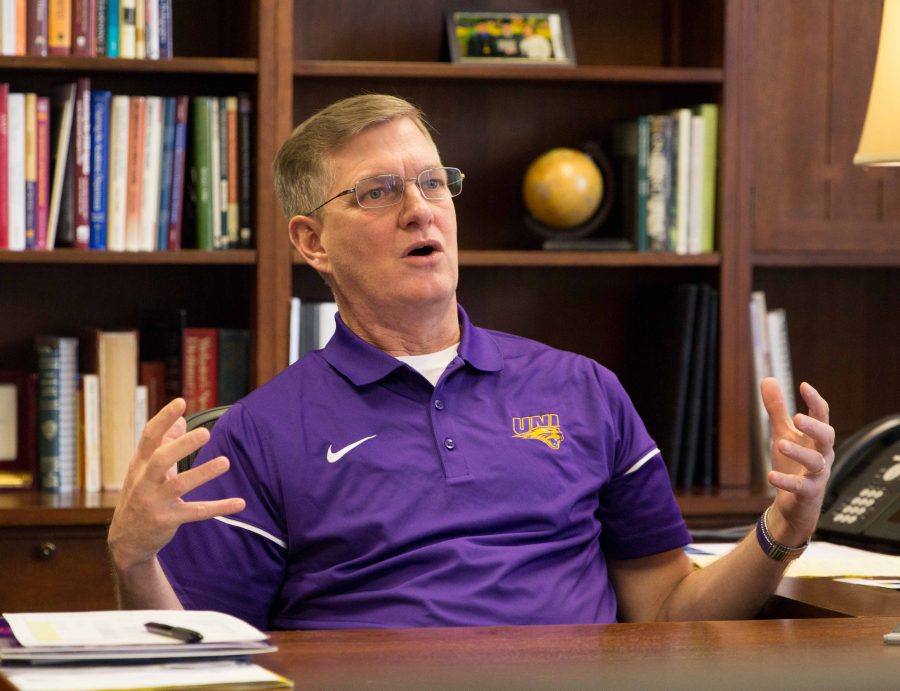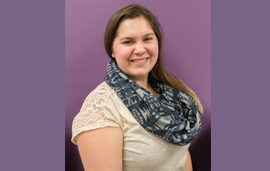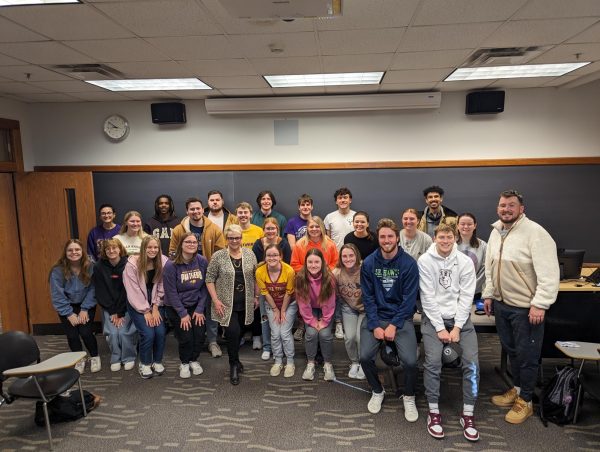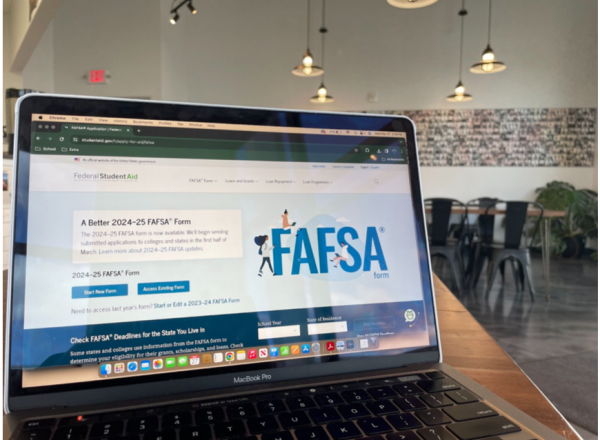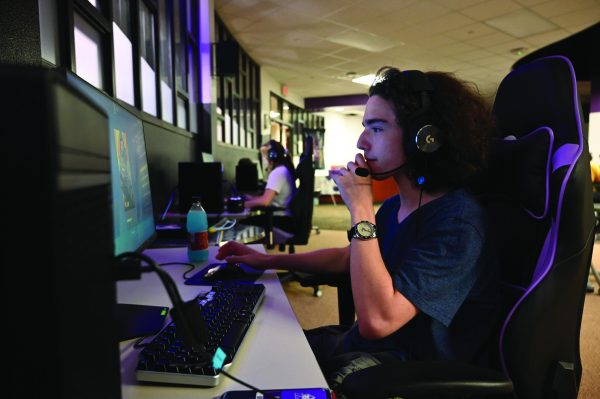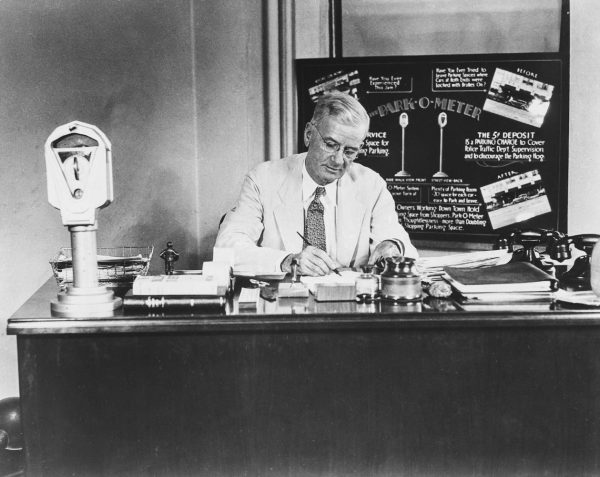Pres. Nook says to take care of Iowa students
President Mark Nook has proposed UNI’s budget for the next fiscal year. Nook plans on maximizing how the university invests its resources.
Mar 27, 2017
President Mark Nook recently submitted UNI’s budget proposal for the 2018 fiscal year to the Iowa legislature. This is Nook’s first budget proposal as UNI President.
The proposed budgets includes a requested 2 percent increase in state appropriation and tuition and a $2.5 million addition to the base budget. According to Nook, the $2.5 million was requested before they knew that they were going to have to give $2.5 million back.
In January of this year, Governor Terry Branstad announced more than $100 million in cuts to the total state budget. Included in the mid-year cuts was a total deappropriation to UNI of $2.5 million.
According to Nook, the $2.5 million increase would recognize the large number of Iowa students at UNI in comparison to the University of Iowa (UI) and Iowa State University (ISU).
According to a presentation provided by the president’s office, UNI’s campus is 88 percent Iowa residents with 92 percent of students staying in Iowa after graduation. According to Nook, it is important to focus on Iowa students for a couple of reasons. One of the reasons is that a high percentage of students stay in Iowa after graduating.
UNI also has more difficulty attracting non-resident students in comparison to fellow regent universities. According to Nook, UNI needs more state appropriations from Iowa in order to support Iowa students.
The 2 percent increase allows the administration to take care of the normal cost of living and standard expenses that may be going up.
Nook also explained how he plans on dealing with a smaller budget.
“The first thing is to look at the budgets and sit down with a good set of principles,” Nook said. “The first thing we want to do is make sure that we maximize the investment of all of our resources in support of students and their long-term success.”
According to Nook, the administration is not going to make any opportunistic changes because something is vulnerable. They want to make investments and target them where they will have the biggest impact on the most students.
Nook and the administration are putting together a leadership retreat to talk not just about the budget but how they need to be investing these resources from the budget to the facilities, faculty and students.
Nook explained that maintaining and improving enrollment may be one of the fastest ways to recuperate budget losses.
“If our enrollment continues to grow, our budget will come back the quickest,” Nook said.
The fall of 2016 was the fourth consecutive year that the entering freshman class has increased and represents the largest freshman class at UNI since 2008, according to a presentation provided by the president’s office. According to Nook, the administration will look at those pieces and figure out how to bring in students through marketing and public relations.
UNI plans to build their brand across the state and into neighboring states where UNI draws a larger amount of out of state students such as Minnesota, Wisconsin, Illinois and Missouri, according to Nook.
Nook also addressed how critical diversity is on campus.
“Iowa’s future is more diverse than it currently is,” Nook said. “We’re educating Iowa’s future, so we have to educate all Iowans regardless of race, gender, religious background, sexual identity and all of that.”
Nook mentioned that UNI needs to be a campus that is not just open and working on being diverse but, more importantly, being inclusive. Nook said that once students get here, everyone should have the same opportunities to be successful and the same support structures.
Nook also mentioned that they need to keep moving students to graduation more quickly. The four-year graduation rate has increased to 40 percent, and Nook said he thinks it’s important to emphasize the financial advantage to students by getting done in four years.
From 2010-2015, the average amount of student debt that students have graduated with has been declining with a slight increase the last year.
Nook said that it’s important that students learn how to budget and take those 15-16 credits to keep student debt down. According to Nook, the Live Like a Student program is having a positive impact on the debt students accrue.
With this budget proposal, Nook said he plans to keep the students best interest first and use the resources that will provide the most to students.


